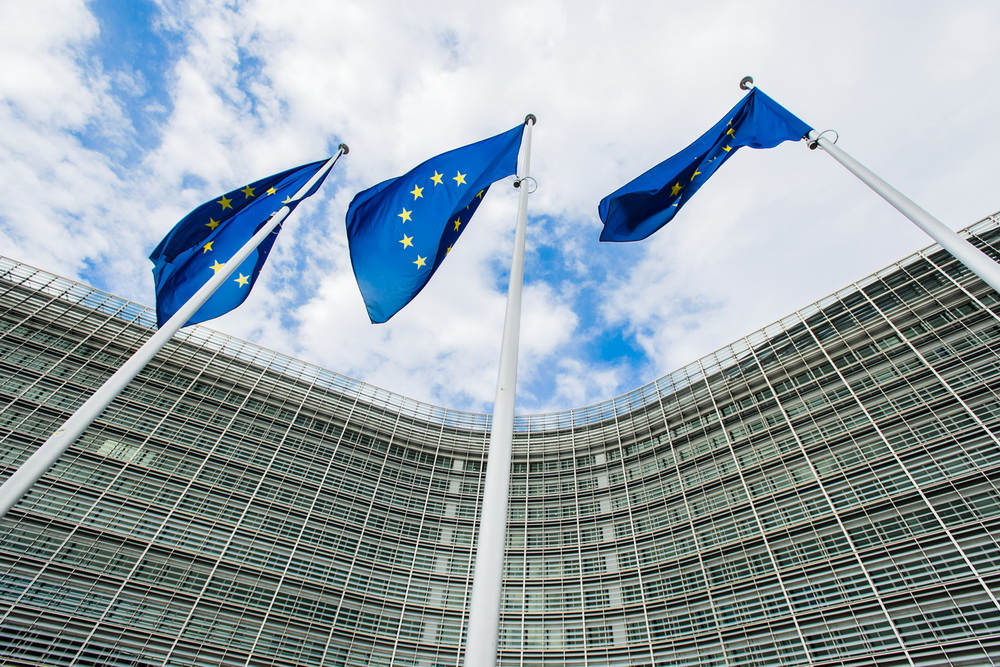
All European Academies Call for Harmonization of the EU Legislation on Genome Editing
November 4, 2020| |
The European Federation of Academies of Sciences and Humanities (ALLEA) released the report Genome Editing for Crop Improvement which presents scientific evidence and actions that can be taken to harmonize the EU legislation on genome editing. The report is based on the discussion of scientific experts, policymakers, and civil society groups during the public symposium held in Brussels, Belgium in November 2019.
"Widening public discourse on innovation in genome-editing for crop improvement is a key responsibility of the scientific community, including academies across Europe. While these new techniques offer exciting opportunities, it remains vital to see the bigger picture and to also consider public perceptions and cultural differences. This report summarizes these diverse strands of research and aims to provide a comprehensive overview to European policymakers and the public," said Prof. Antonio Loprieno, President of ALLEA.
The highlights of the report include the following:
- EU legislation must look at the characteristics of the plant, not the tools used to develop it, to determine its regulatory status.
- Targeted genome editing without the introduction of transgenes does not present any other health or environmental risks than plants obtained through conventional breeding strategies.
- Continued legislative and policy restrictions may hamper the selection of more productive, diverse, and climate-resilient crops with a reduced environmental footprint.
- The current length and cost of the commercialization make it (except for major industrial players) hardly possible to introduce plants developed with new biotechnological breeding techniques into the market.
- These new technologies may contribute to a reduction in the environmental footprint of agriculture.
- Science communication is vital in the decision-making processes for introducing genome-edited products into the market, ensuring that the implications of market introduction are accurately communicated.
Download the report from ALLEA.
| |
You might also like:
- EU Calls for Study to Justify 2018 Legislation on Gene Editing
- EU Commission Seeks Overhaul of GM Law to Address Gene Editing Regulations
- 132 Research Institutes and Associations Urge the EU to Reconsider Stance on Genome Editing
Biotech Updates is a weekly newsletter of ISAAA, a not-for-profit organization. It is distributed for free to over 22,000 subscribers worldwide to inform them about the key developments in biosciences, especially in biotechnology. Your support will help us in our mission to feed the world with knowledge. You can help by donating as little as $10.
-
See more articles:
-
News from Around the World
- Kenyan Farmers Start Cultivating Biotech Cotton
- USDA-APHIS Invites Public Comments for Genetically Engineered Corn
- CABBI Team Sequences Miscanthus Genome
- Researchers Map Genome of Agricultural 'Monsters'
- Study Documents How Consumer Knowledge Influence Attitudes Towards GM Foods in Korea
- ASEAN Agriculture and Forestry Ministers Call for Sustained Significant Investment in Rice Research
- Researchers Map Plant Immune System
-
Research Highlights
- Striped Stem Borer-Resistant Rice Developed Using amiRNA Expression Technology
-
Plant
- MitoTALENs Used to Delete Mitochondrial Genes in Arabidopsis
- TALENs Used for Multiple Gene Knockout in Chrysanthemum
- All European Academies Call for Harmonization of the EU Legislation on Genome Editing
-
Read the latest: - Biotech Updates (February 11, 2026)
- Gene Editing Supplement (January 28, 2026)
- Gene Drive Supplement (February 22, 2023)
-
Subscribe to BU: - Share
- Tweet

